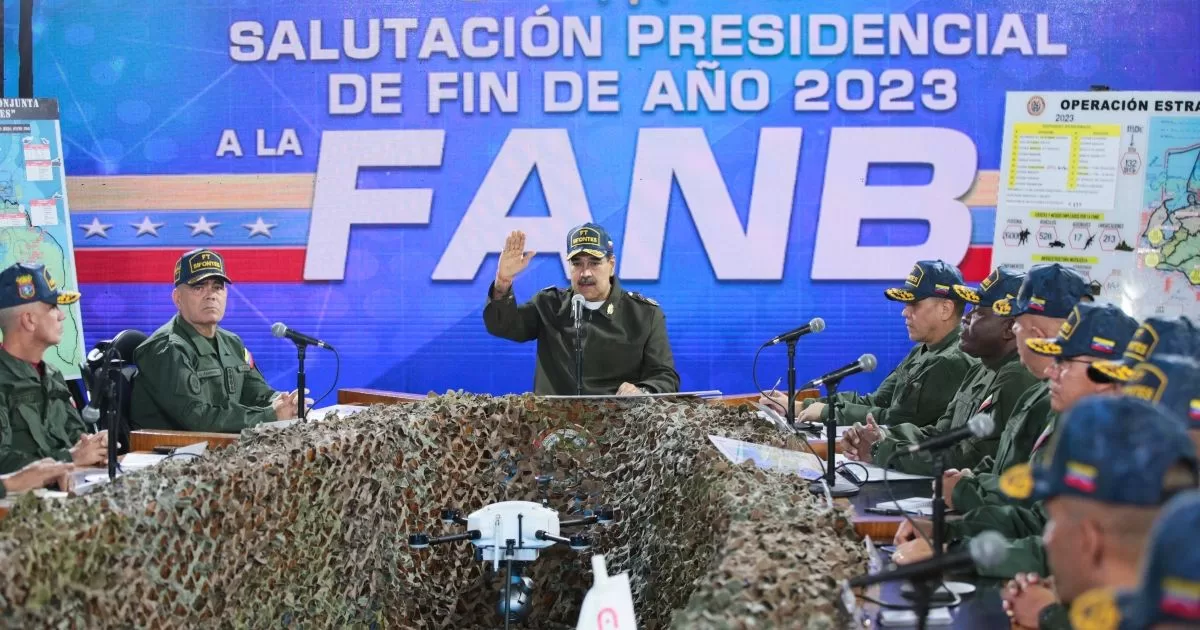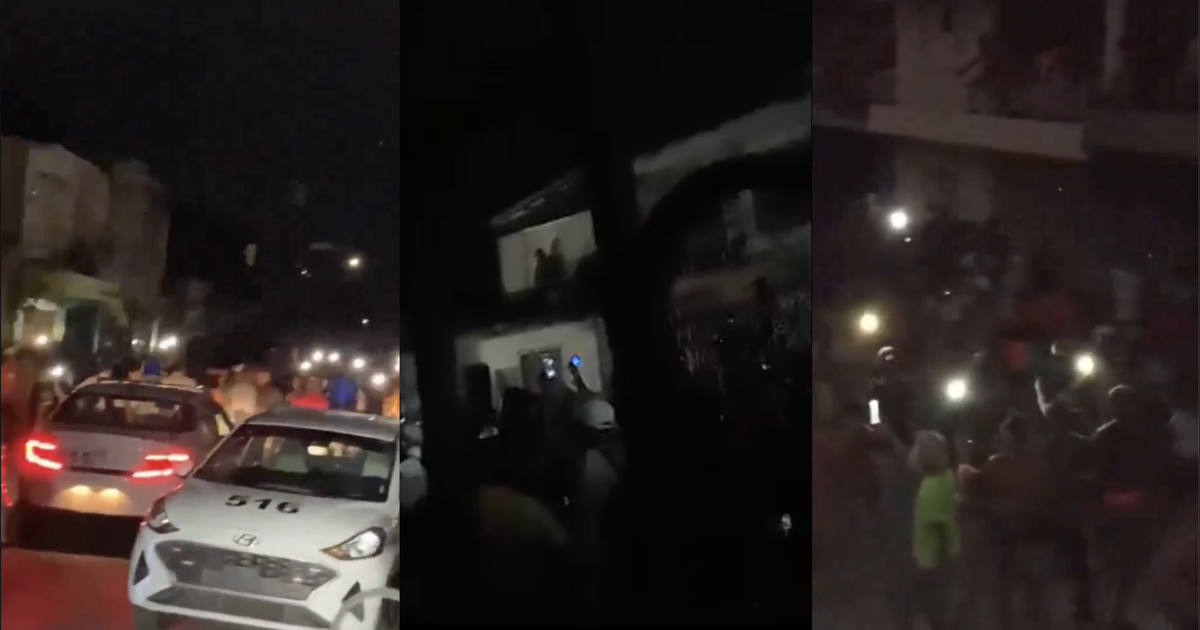CARACAS.- “Chávez lives!” they shout military Venezuelans during their official greeting. Dubbed “Bolivarian” by former President Hugo Chavez, the Venezuelan Armed Forces have been a pillar of Chavismo since it came to power 25 years ago, but the opposition hopes that it can be the guarantor of the elections on July 28.
Chavez, a charismatic military man who knew the armed forces intimately, pushed through a constitutional reform in 1999 that gave the military the vote and, in parallel, immense power with key positions in state institutions, including the vital oil industry.
Following the death of the socialist leader, his successor, Nicolás Maduro, who is seeking re-election, has only increased his influence.
“The Bolivarian National Armed Forces support me, they are Chavista, they are Bolivarian, they are revolutionary!” reiterated this week the man chosen by Chávez to succeed him.
His main rival, Edmundo González Urrutia, a Unitarian candidate and standard-bearer of the disqualified leader María Corina Machado, asked the military to “respect and enforce his sovereign will,” in reference to the vote of Venezuelans, at a time when most polls favor him.
“This baton of command will never fall into the hands of an oligarch, a puppet, a traitor. I swear! Never! Victory belongs to us!” Maduro declared on July 5 during the Independence Day parade.
In 2020, the Venezuelan Armed Forces had 343,000 members, according to the International Institute for Strategic Studies (IISS), a size similar to that of Mexico (341,000), and only surpassed in Latin America by Colombia (428,000) and Brazil (762,000).
After being for decades allies of the United States, the country that was its main arms supplier, the Venezuelan armed forces have moved under Chavez to have relations mainly with Russia, which supplies them with Sukhoi planes and Kalashnikov rifles. In early July, two Russian military ships visited the country.
“He has no leadership”
In addition to arms, the military controls mining, oil and food distribution companies, as well as customs and 12 of 34 ministries, including key ministries such as oil, energy, defense, interior relations and trade. The opposition and experts denounce corruption networks that have enriched many officers.
“Maduro does not have the military leadership to sustain himself as commander-in-chief. He wins over the armed forces with privileges, promotions and the creation of new posts,” retired general Antonio Rivero, a critic of Chavismo who is exiled in the United States, told AFP.
The institution has been monolithic in its support for the president, especially when the United States, the European Union and most Latin American countries rejected his 2018 re-election, considering it fraudulent.
“High-ranking military officials have become incredibly powerful,” said Rebecca Hanson, a professor at the Center for Latin American Studies at the University of Florida. “They have a lot to lose if Maduro falls.”
Nearly 50 senior officers, active and retired, appear on the US sanctions list.
The first were included in 2008 for alleged links with the Colombian guerrillas. Later, others were accused of drug trafficking and, more recently, of human rights violations.
On the other hand, human rights organizations denounce the politically motivated arrest of dozens of military personnel (149 as of July 1) and the death in custody of three of them.
“Black box”
Renata Segura, from the international think tank Crisis Group, describes the Armed Forces as “Venezuela’s most unknown black box.”
“It’s a very closed world,” but if the opposition wins, “it will be a key player, either to pressure the government to accept the result or to go out and repress if there are protests,” Segura told AFP.
The Armed Forces “are the institution that can guarantee a transition,” said a political consultant who asked to remain anonymous and who sees this election as the greatest opportunity for victory that the Venezuelan opposition has had so far.
In 25 years of Chavismo, the opposition has only won national elections twice: in 2007, when a referendum to reform the Constitution was rejected; and in 2015, when it achieved an absolute majority in parliament.
Analysts are referring to the actions of the Minister of Defense, Vladimir Padrino, in 2015, who sent a message of reassurance before the announcement of the results. “It has been an impeccable process. The whole country is calm. We congratulate the behavior of the Venezuelan people,” he said in a speech at the time.
Source: With information from AFP


